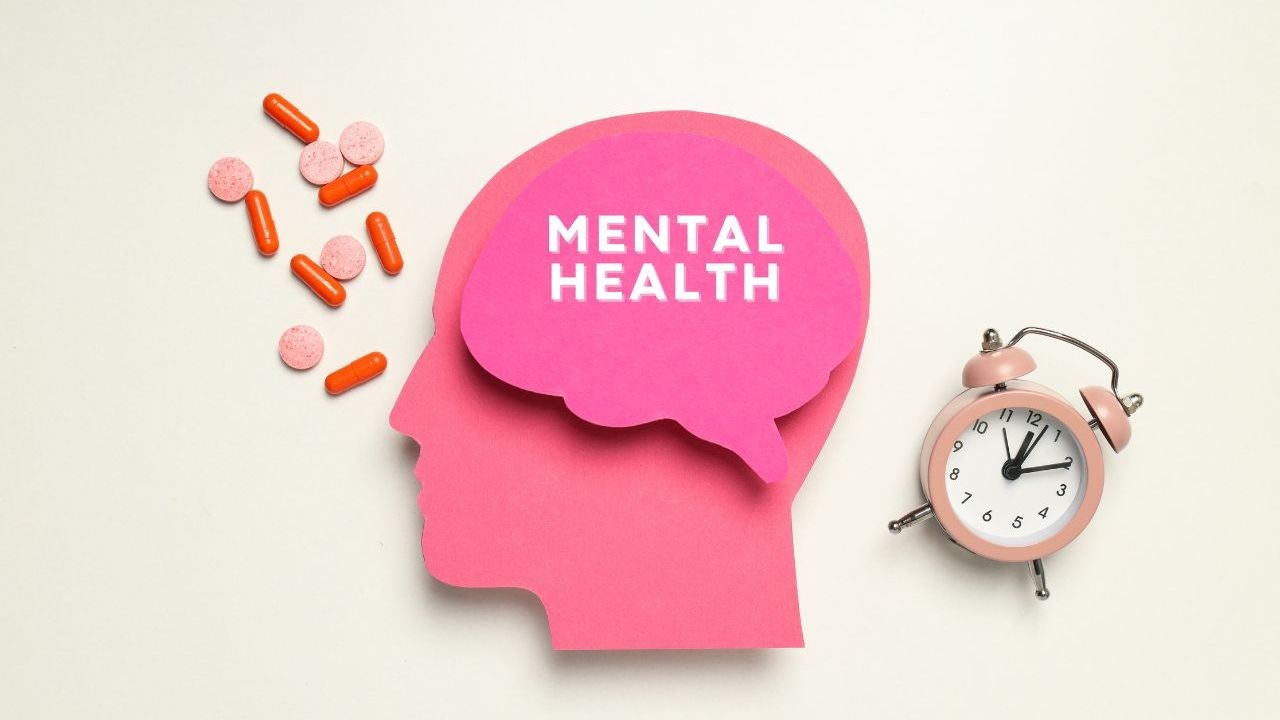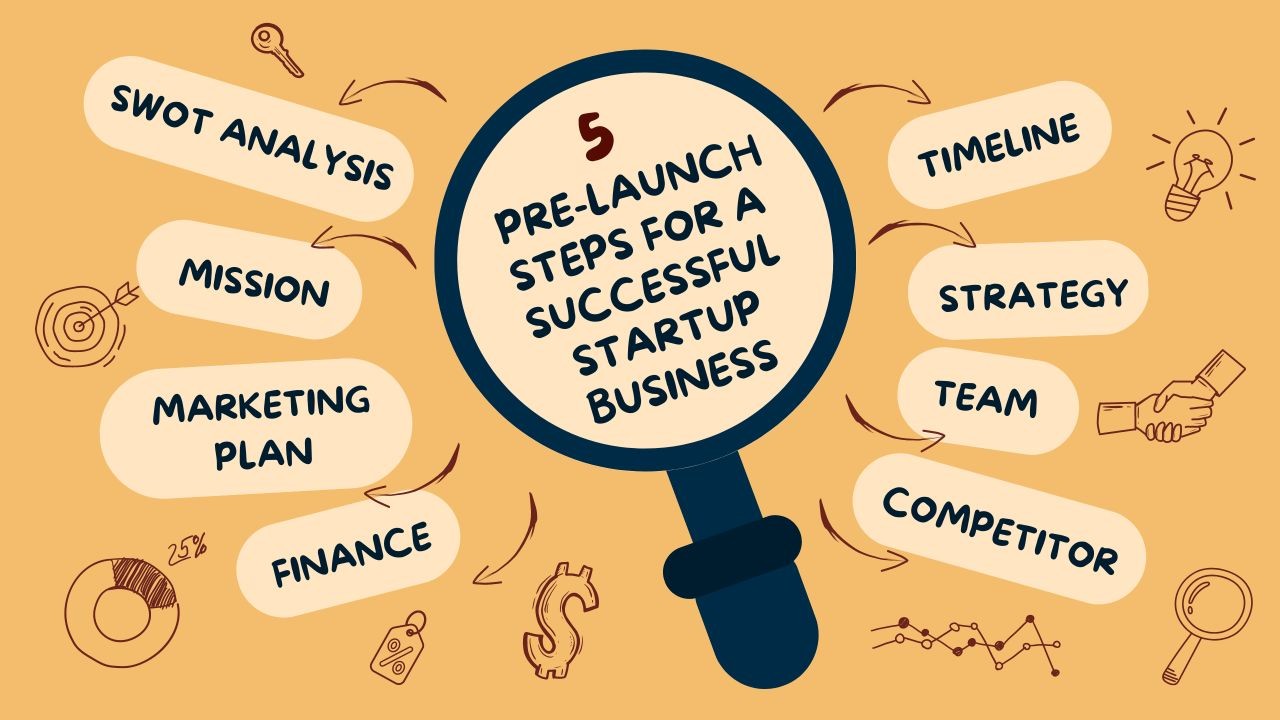New Zealand is increasingly recognizing the critical role mental health plays in the wellbeing of its citizens. The nation has seen a surge in mental health initiatives designed to support New Zealanders, aligning with global trends that emphasize the importance of mental wellness. But what exactly are these initiatives, and how effective are they in improving the lives of Kiwis? This article delves into the impact of mental health initiatives in New Zealand, supported by real-world examples and data-driven insights.
Understanding the Mental Health Landscape in New Zealand
New Zealand's approach to mental health has evolved significantly over the years. According to Stats NZ, one in five New Zealanders experience mental health challenges each year, underscoring the urgency of addressing this issue. The government has recognized this need, allocating significant resources to enhance mental health services. The 2019 Wellbeing Budget was a landmark investment, dedicating NZD 1.9 billion over four years to mental health services, including new frontline services and suicide prevention measures.
Why mental health has become a defining national issue
Mental health has moved from the margins of public conversation to the centre of New Zealand’s social and economic debate. This shift is not driven by awareness campaigns alone, but by lived experience. Nearly every New Zealander now has direct or indirect exposure to anxiety, depression, burnout, addiction, or psychological distress, whether through whānau, workplaces, schools, or communities.
The pressures contributing to this are layered. Rising living costs, housing insecurity, climate-related anxiety, post-pandemic social dislocation, and long-standing inequities have converged in ways that test both individuals and public systems. Against this backdrop, mental health initiatives are no longer judged by intent, but by outcomes. What is actually working, for whom, and under what conditions has become the critical question.
This case study examines how a range of mental health initiatives across New Zealand are making tangible differences, while also revealing the trade-offs, constraints, and unresolved tensions that remain.
The shift from acute crisis response to early intervention
Historically, New Zealand’s mental health system has been heavily weighted towards acute care. Specialist services were often accessed only once distress had escalated to crisis point, placing immense strain on hospitals, clinicians, and families. Over time, this model proved both costly and inadequate.
Recent initiatives have sought to rebalance the system towards early intervention and prevention. The logic is straightforward but complex in execution. Supporting people earlier reduces long-term harm, improves recovery outcomes, and lowers pressure on specialist services. In practice, this requires integrating mental health support into primary care, education, and community settings.
One of the most significant shifts has been the expansion of mental health practitioners within GP clinics and primary health organisations. By embedding support where people already seek help, barriers related to stigma, cost, and access are reduced. For many New Zealanders, this has meant discussing mental health concerns in familiar, non-clinical environments rather than navigating specialist referral pathways.
A closer look at community-based mental health models
Community-led mental health initiatives have played a critical role in reaching populations historically underserved by traditional services. These models emphasise cultural safety, local knowledge, and continuity of care rather than episodic clinical intervention.
In Māori and Pasifika communities, kaupapa-driven approaches grounded in whānau, whakapapa, and collective wellbeing have shown particular promise. Rather than separating mental health from physical, spiritual, and social dimensions, these initiatives recognise wellbeing as interconnected. Support may involve counselling, but it may also involve housing advocacy, employment support, or reconnection with cultural identity.
The impact of these models is often qualitative rather than immediately measurable. Participants report increased trust, earlier help-seeking, and a greater sense of being understood. While these outcomes do not always translate neatly into standard metrics, they are widely regarded by practitioners as foundational to sustained improvement.
Workplace mental health initiatives and their economic implications
Workplaces have become a critical site for mental health intervention in New Zealand. This reflects both necessity and opportunity. Work is where many adults spend a significant portion of their lives, and where stress, insecurity, and burnout often manifest.
Employer-led initiatives range from employee assistance programmes to more comprehensive wellbeing strategies that address workload design, leadership behaviour, and psychological safety. The most effective programmes recognise that mental health cannot be separated from organisational culture.
From an economic perspective, the rationale is increasingly pragmatic. Absenteeism, presenteeism, and staff turnover carry measurable costs. Employers who invest in mental health support often do so not only out of social responsibility, but because retention and productivity are directly affected.
However, this space is not without tension. Critics argue that some workplace initiatives place responsibility back onto individuals without addressing structural issues such as excessive workloads or insecure employment. Where programmes are superficial or poorly integrated, trust can erode quickly.
Youth mental health and the pressure points in education
Young people in New Zealand face a distinct set of mental health challenges. Academic pressure, social media exposure, identity formation, and uncertain futures intersect during formative years. Schools and tertiary institutions have increasingly become frontline responders.
Initiatives in this space focus on resilience-building, emotional literacy, and accessible support within educational settings. Counsellors, wellbeing coordinators, and peer support programmes aim to normalise conversations about mental health before crisis develops.
There is evidence that these initiatives improve help-seeking behaviour and reduce stigma among students. However, demand often exceeds capacity. Educators frequently report being under-resourced and inadequately trained to manage complex mental health needs alongside academic responsibilities.
This highlights a recurring theme in New Zealand’s mental health landscape. Initiatives may be well-designed, but scalability and sustained funding remain persistent challenges.
Digital mental health tools and their real-world limits
Digital mental health platforms have expanded rapidly, offering self-guided programmes, telehealth consultations, and wellbeing tracking tools. In a geographically dispersed country, these technologies promise greater reach and convenience.
For some New Zealanders, particularly those in rural or remote areas, digital services have improved access significantly. They offer privacy, flexibility, and immediacy that traditional services cannot always provide.
Yet digital tools are not a universal solution. Engagement varies widely, and outcomes depend heavily on individual motivation, digital literacy, and the severity of distress. Practitioners caution against viewing technology as a substitute for human connection, particularly for those with complex or acute needs.
The most effective digital initiatives are those integrated into broader care pathways, rather than operating in isolation.
Measuring impact in a complex system
Assessing the success of mental health initiatives is inherently difficult. Outcomes unfold over long time horizons and are influenced by factors far beyond any single programme. Quantitative measures such as service utilisation rates or wait times provide partial insight, but they do not capture lived experience.
Qualitative feedback from service users, clinicians, and communities often reveals deeper truths about what works. These accounts highlight the importance of continuity, trust, and cultural relevance, factors that resist simple measurement but consistently emerge as decisive.
There is ongoing debate within policy and clinical circles about how to balance accountability with flexibility. Overly rigid metrics can stifle innovation, while insufficient evaluation risks funding ineffective programmes.
Unintended consequences and system strain
Even well-intentioned initiatives can produce unintended outcomes. Expanding access without expanding workforce capacity can increase wait times. Normalising mental health conversations can surface unmet need faster than systems can respond.
Frontline clinicians report rising burnout as demand grows. Community organisations face pressure to deliver more with limited resources. These dynamics underscore the reality that mental health reform is not linear. Progress in one area can expose fragility in another.
Acknowledging these tensions is essential for maintaining credibility and public trust.
What this case study reveals about what actually helps
Across diverse initiatives, several patterns emerge. Early, accessible support reduces escalation. Culturally grounded approaches improve engagement. Integration across health, education, and community settings matters more than isolated interventions.
Equally important is what does not help. Short-term funding cycles, fragmented services, and initiatives disconnected from lived realities undermine impact. Mental health support works best when it is relational, consistent, and embedded in everyday environments.
Looking ahead: the next five years of mental health support in New Zealand
Over the next three to five years, mental health will remain a defining policy and social challenge for New Zealand. The focus is likely to shift from launching new initiatives to strengthening and sustaining those already in place.
Success will depend on workforce development, genuine partnership with communities, and realistic expectations about what mental health systems can and cannot do alone. Broader social factors such as housing, income security, and education will continue to shape outcomes, regardless of how services are structured.
This case study suggests cautious optimism. Mental health initiatives are helping New Zealanders in meaningful ways, particularly where they align with local context and lived experience. But progress will require patience, honesty, and a willingness to confront uncomfortable trade-offs.
Mental health is not a problem to be solved once. It is a condition of collective wellbeing that must be continually supported, adapted, and protected.
Case Study: The Impact of Mental Health Initiatives in Schools
Schools play a pivotal role in shaping young minds, and New Zealand's educational institutions are no exception. The "Mana Ake – Stronger for Tomorrow" initiative, launched in 2018, is a prime example of a successful mental health program in schools. This initiative provides mental health support to children in Canterbury and Kaikōura, ensuring they receive timely help.
Problem: Prior to Mana Ake, schools struggled with rising cases of anxiety and depression among students. Teachers were ill-equipped to manage these issues, leading to increased absenteeism and reduced academic performance.
Action: Mana Ake introduced 80 mental health workers across schools, offering counseling services and workshops on resilience and emotional regulation. The initiative emphasized early intervention, enabling children to access support before problems escalated.
Result: Within two years, participating schools reported a 30% reduction in absenteeism and a 25% improvement in student wellbeing scores. The initiative's success has prompted discussions about expanding similar programs nationwide.
Takeaway: Early intervention and school-based support are crucial for addressing mental health challenges among young people. New Zealand's approach demonstrates the potential for significant improvements in student wellbeing and academic success.
Data-Driven Insights and Industry Trends
Recent data from the Ministry of Health highlights a worrying trend: mental health disorders are the third leading cause of health loss in New Zealand. This statistic underscores the need for continued investment in mental health services. Moreover, the COVID-19 pandemic has exacerbated mental health issues, with increased rates of anxiety and depression reported nationwide.
Globally, countries like Finland have pioneered successful mental health strategies, focusing on community-based care and digital mental health solutions. New Zealand can draw lessons from these models, particularly in integrating technology to enhance accessibility and efficiency in mental health services.
Pros and Cons of New Zealand's Mental Health Initiatives
Pros:
- Increased Accessibility: Expanded services have improved access to mental health care, particularly in underserved communities.
- Holistic Approach: Initiatives like Mana Ake emphasize early intervention and community involvement, leading to better long-term outcomes.
- Government Support: The significant funding from the Wellbeing Budget highlights the government's commitment to mental health.
- Positive Outcomes: Programs have demonstrated measurable improvements in mental health indicators, such as reduced absenteeism and enhanced wellbeing.
Cons:
- Resource Constraints: Despite increased funding, there are still gaps in service coverage, particularly in rural areas.
- Workforce Shortages: The mental health sector faces shortages of trained professionals, limiting the capacity to meet demand.
- Stigma: Persistent stigma around mental health can deter individuals from seeking help, affecting the effectiveness of initiatives.
- Implementation Challenges: Varying implementation quality across regions can lead to inconsistent outcomes.
Future Trends and Predictions
Looking ahead, technology will likely play a transformative role in New Zealand's mental health landscape. Digital tools, such as teletherapy and mobile health apps, are poised to enhance service delivery and accessibility. A report by the New Zealand Health IT (NZHIT) suggests that by 2026, digital health solutions could become a standard component of mental health care, enabling more personalized and efficient services.
Additionally, there is a growing emphasis on integrating mental health education into broader health and wellness programs. This shift towards prevention and education could reduce the long-term burden on mental health services, fostering a more resilient and informed population.
Common Myths and Mistakes
Myth: "Mental health issues are rare and only affect a small portion of the population."
Reality: According to the Ministry of Health, nearly 20% of New Zealanders experience mental health problems annually. This widespread prevalence highlights the need for comprehensive and accessible mental health services.
Myth: "Seeking help for mental health issues is a sign of weakness."
Reality: Seeking help is a proactive step towards recovery and resilience. Initiatives like Mana Ake promote the message that mental health care is essential for everyone, not a weakness.
Myth: "Digital mental health solutions are impersonal and ineffective."
Reality: Studies show that digital mental health interventions can be as effective as face-to-face therapy, offering a viable option for those unable to access traditional services.
Conclusion
New Zealand's mental health initiatives are making meaningful strides in improving the lives of its citizens. Programs like Mana Ake demonstrate the potential of early intervention and community-based support in addressing mental health challenges. As the nation continues to invest in mental health services, the integration of digital solutions and education will be crucial in creating a more resilient society.
Want to stay informed about the latest developments in mental health initiatives in New Zealand? Subscribe to our newsletter for exclusive insights and updates on innovative programs and strategies.
People Also Ask (FAQ)
- How do mental health initiatives impact New Zealanders? Initiatives improve accessibility to care, reduce absenteeism, and enhance overall wellbeing, as evidenced by programs like Mana Ake.
- What are the biggest misconceptions about mental health? A common myth is that mental health issues are rare, but data shows nearly 20% of Kiwis experience these challenges annually.
- What are the best strategies for implementing mental health initiatives? Experts recommend early intervention, community-based support, and integrating digital solutions for effective service delivery.
- What upcoming changes in New Zealand could affect mental health initiatives? By 2026, digital health solutions are expected to become standard, improving accessibility and efficiency in mental health care.
- Who benefits the most from mental health initiatives? These programs benefit children, adults in rural areas, and anyone facing mental health challenges, promoting resilience and wellbeing.
Related Search Queries
- Mental health initiatives in New Zealand
- Mana Ake program success
- New Zealand Wellbeing Budget 2019
- Digital mental health solutions NZ
- Impact of mental health services in schools
- Future of mental health care in New Zealand
- Common myths about mental health
- Government funding for mental health NZ
- Community-based mental health support
- Mental health workforce challenges in NZ





































JadeDimatt
10 days ago